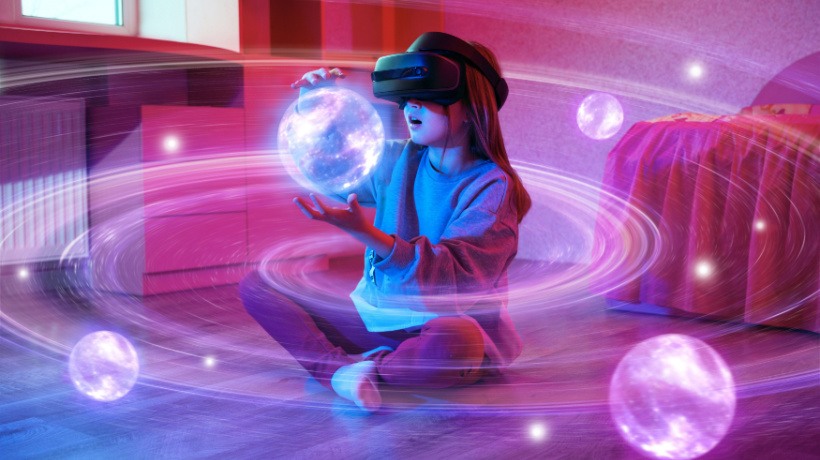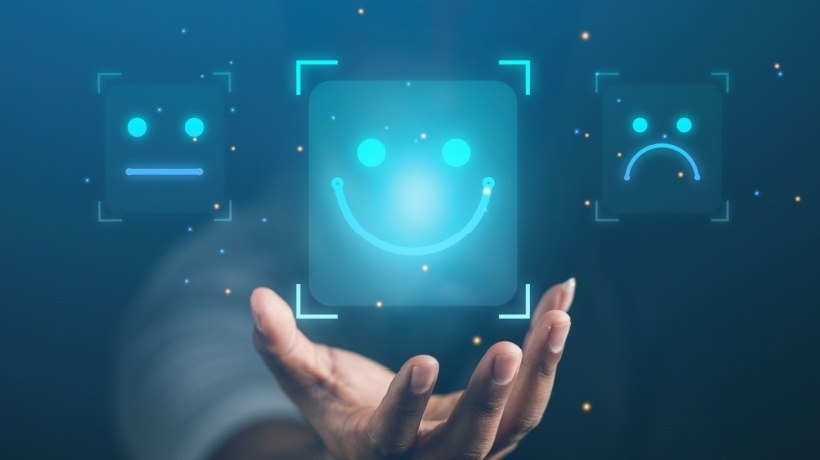The Shift To Personalized Learning
Personalized learning tailors educational content, pace, and delivery to the needs of individual learners. Unlike the one-size-fits-all model, this learner-centric approach recognizes that everyone absorbs information differently. Personalized digital environments leverage Artificial Intelligence (AI) and data analytics to analyze learner behavior, performance, and preferences, dynamically adjusting content delivery to maximize engagement and outcomes. According to a report by McKinsey, personalization can increase learner engagement by up to 30% and reduce training time by nearly 40%. These numbers highlight the enormous potential of personalized learning for both individual and organizational success.
AI-Driven Adaptive Learning: Redefining The Learning Curve
At the core of personalized digital environments is AI-driven adaptive learning, a system that continuously adjusts the learning pathway based on real-time inputs from the learner. This technology analyzes how users interact with the content, identifies knowledge gaps, and offers customized recommendations to close them. For example:
- If a learner struggles with a concept, the platform might provide extra explanations, interactive modules, or microlearning sessions.
- If the learner demonstrates mastery, the system accelerates progression or introduces more advanced material.
Adaptive learning platforms are gaining traction in corporate training as well. Companies using such tools report up to 60% faster employee onboarding and improved retention of critical skills. For industries with compliance or safety mandates, this approach ensures employees truly understand the material, not just pass a test.
The Role Of AI-Powered Knowledge Suites
AI-powered knowledge suites play a crucial role in driving effective digital learning ecosystems. These platforms integrate various AI tools, such as Natural Language Processing (NLP), Machine Learning, and predictive analytics, to provide curated learning paths, intelligent search capabilities, and continuous content recommendations. These suites often include:
Smart Content Curation
These automatically recommend relevant articles, videos, and courses based on user activity and preferences.
- Conversational AI tutors
Chatbots and virtual assistants that answer learner questions, reinforce concepts, and guide users through content. - Learning analytics dashboards
Offering actionable insights into learner progress, skills gaps, and overall program effectiveness.
These features not only save time for both learners and educators but also ensure that the right knowledge is delivered at the right time.
eLearning Solutions: The Foundation Of Digital Learning
Modern eLearning solutions serve as the backbone of personalized digital environments. These platforms provide scalable, flexible, and cost-effective ways to deliver high-quality education across geographies and devices. Key capabilities of leading eLearning systems include:
- Mobile learning for anytime, anywhere access.
- Gamification to enhance engagement.
- SCORM-compliant content for easy integration.
- Collaborative tools like discussion boards and peer review.
The global eLearning market is projected to exceed $400 billion by 2026, driven by demand for reskilling and upskilling in industries like healthcare, IT, and manufacturing. Organizations that invest in robust eLearning infrastructure are better positioned to develop a future-ready workforce.
Benefits Of A Personalized Digital Learning Environment
1. Higher Engagement And Motivation
By addressing individual preferences and challenges, learners stay more engaged and motivated to complete their learning journeys.
2. Improved Knowledge Retention
Content tailored to each learner's pace and style leads to better comprehension and long-term retention.
3. Scalable Learning For Organizations
AI-powered platforms allow organizations to roll out training across departments, locations, and languages without compromising on personalization.
4. Actionable Data And Insights
Real-time analytics help educators and HR teams fine-tune learning paths, identify high-potential employees, and address skills gaps proactively.
Real-World Use Cases
- Higher education
Universities are using AI-based adaptive platforms to personalize online degree programs, boosting graduation rates. - Corporate training
Companies like IBM and Deloitte have implemented personalized learning to streamline onboarding and develop leadership pipelines. - Healthcare
Medical professionals engage in tailored eLearning modules that adapt to their specialty, experience level, and certification needs.
Future Outlook
As AI and Machine Learning technologies continue to evolve, the potential for hyper-personalized learning will only grow. Shortly, we can expect digital learning environments to:
- Integrate Augmented and Virtual Reality (AR/VR) for immersive experiences.
- Use emotion AI to detect frustration or boredom and adjust accordingly.
- Offer lifelong learning profiles that track skill development across careers.
Conclusion
A personalized digital learning environment is not just a trend; it's a necessity in today's dynamic, knowledge-driven world. By combining AI-powered knowledge suites, AI-driven adaptive learning, and comprehensive eLearning solutions, organizations and educators can deliver learning experiences that are more engaging, effective, and scalable than ever before. Whether you're an HR leader, educator, or EdTech innovator, now is the time to embrace the future of learning. The right personalized environment doesn't just teach, it transforms.










